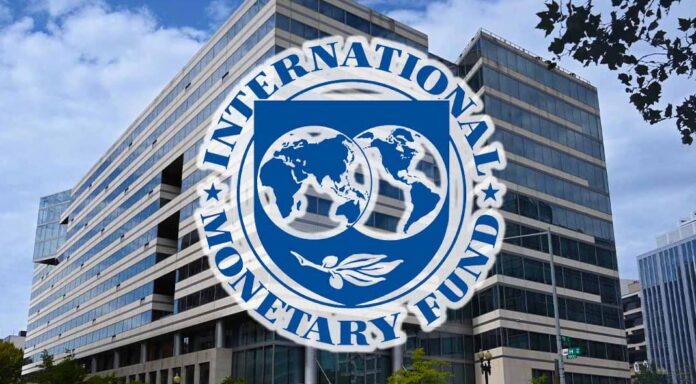Suriname is set to receive US$62.5 million from the International Monetary Fund (IMF) bringing the total disbursements to the Dutch-speaking Caribbean Community (CARICOM) country to date to US$326 million following the conclusion of the staff-level agreement with the Washington-based financial institution.
The IMF is supporting the country’s economic recovery programme through its Extended Fund Facility (EFF) and the review is subject to approval by the IMF’s Executive Board. According to the IMF, Suriname’s commitment to fiscal and monetary discipline helped restore macroeconomic stability and the economy is expected to grow at three per cent this year.
It said inflation is on a steady downward trend, and investor confidence is returning. A conservative 2024 budget was enacted, in line with the programme’s fiscal targets.
The IMF said the priority ahead is to maintain fiscal discipline and avoid policy backtracking while strengthening institutions and improving governance.
“Programme performance has been strong and all performance criteria for this review were met. This staff-level agreement is subject to approval by the IMF’s Executive Board, contingent on the fulfilment of all relevant Fund policies,” said Anastasia Guscina who led the IMF team during its review in Suriname.
Guscina stressed, however, that the authorities in Suriname face important near-term risks, including policy implementation challenges stemming from a challenging socio-political climate and capacity constraints.
She said over the medium to long term, there are significant upside risks to growth due to the development of large new oil fields.
“Programme performance during the fifth review has been solid. All quantitative performance criteria and indicative targets under the program were met, except for the spending floor on social assistance. The structural reform agenda is progressing, albeit with delays”.
Guscina said protecting the poor and vulnerable during this difficult time of economic adjustment is a priority and that the increases in social transfers should be coordinated with the phasing out of electricity subsidies.
Meanwhile, the authorities are doubling their efforts to meet the social protection targets in 2024, both by increasing the size of various cash transfer programmes and expanding the social safety net to include all eligible beneficiaries.
“Public sector reform is progressing. Promptly removing unregistered and chronically absent civil servants from public payroll will create fiscal space for a more meaningful increase in salaries for productive civil servants”, said Guscina.
She also points out that “excellent progress has been made with debt restructuring”. Agreements-in-principle have been reached with all major external creditors, including recently with China. Agreements with the Paris Club, India and bondholders have been finalized.
Domestic debts to the central bank and commercial banks have also been restructured. The authorities remain committed to finalizing the debt restructurings with the remaining external commercial creditors and to swiftly resolving all outstanding domestic debt arrears. Guscina noted further that enhanced commitment controls are necessary to prevent the accumulation of supplier arrears.
Regarding the financial sector, Guscina noted that the central bank is actively working to improve the monetary policy traction through improvement in processes and actively communicating with the banks on their monetary policy targets.
She maintained that the current monetary policy stance remains appropriate to anchor inflation expectations. The central bank has also demonstrated its commitment to a flexible, market-determined exchange rate while working to improve the functioning of the foreign exchange market, she said.
The IMF official further noticed the central bank is committed to addressing vulnerabilities in the banking system and that the authorities will ensure the timely completion of bank recapitalization plans.
She said the central bank is also enhancing its supervisory capacity and its powers and tools for early intervention, recovery and resolution of banks.
In January 2024, revisions to the Banking and Credit Supervision Act and the new Bank Resolution Act helped align legislation with international best practices in banking supervision and resolution, the IMF official added.














